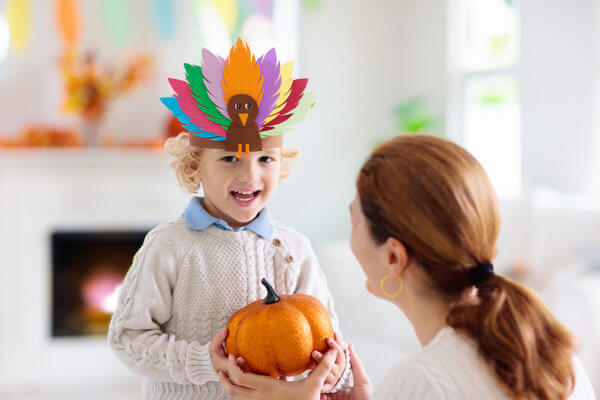Article Courtesy of Boston.com
By Lylah M. Alphonse
I was watching my kids interact recently, and it occurred to me that they’re like a bunch of magnets, shaken up in one of those cups you use in Vegas to roll the dice before spilling them out onto the table. Sometimes, they’re all glommed together, five wildly different kids at five wildly different stages, somehow forming a cohesive unit. Other times, it’s as if they’re all negatively charged, scattering throughout the house, caroming against and away from one another.
Call me idealistic, but I’m pretty sure the latter happens because of their ages and developmental stages—we’ve got two teenagers, a tween, a preschooler, and a toddler right now—and not because only two of them were born to me.
As a step-parent, the “step-kids vs. bio kids” issue is something that’s always simmering away on the back burner. It comes up in day-to-day life, to some degree, all the time. A few weeks ago, a single mom friend of mine blogged post about her top five tidbits of single-parenting advice, and her post got me thinking about the subject some more. I was nodding along, agreeing with everything she wrote, until I read this:
4. Realize that no partner you’ll ever meet will ever love your child like the father of your child.
My first thought: Well, their bio mom and I are two pretty different people, of course we love them in different ways.
My second thought: Hmmm… I’m both a bio mom and a step mom; are those two different types of love?
My third thought: Has my relationship with my step kids changed now that my youngest two are here?
{pagebreak}
I was a step-mom for years before I gave birth to my youngest children. I’m of mixed ethnicity, and so are my step-kids, so we look related, all caramel-colored skin and dark, curly hair. None of us particularly likes the label or the baggage that comes with being a “step,” but it requires the least amount of explanation (and, oddly, the people who question us are always adults. Children don’t seem to have a problem dealing with how I’m related to all of my kids). When someone—an adult, of course—asks our big kids about their “half-siblings,” the kids say something along the lines of “They’re too little to understand fractions.”
On the one hand, I see where that particular tidbit of single-mom advice is coming from: Society, for the most part, tends to assume that no one who comes along later could possibly love a child the way the biological parent must, that a genetic link is required in order to be a “real” parent. (Adoptive parents have a whole other set of issues to contend with, but since the biological parent often is not in the picture, that makes parenting different—“easier” or “more real”—for some, or so I’ve been told/warned).
{pagebreak}
On the other hand, I think it’s a case of semantics. Just because the love isn’t the same doesn’t mean the feelings and the level of commitment isn’t as deep.
I adore my oldest kids. Do think that my relationship with them changed after my preschooler and toddler came along? Yes, I do—for the better. It’s not all wine and roses, but it has grown deeper and more complex, richer and more intense, and not because I’ve experienced childbirth or had “children of my own.” It’s changed because we’ve all grown—together. I’m more mature and experienced, and they’re older and more independent now than we were when I first started parenting them nearly a decade ago.
But do I love them differently than I do my youngest two? No, I don’t think so.
Do I love them differently than their biological mom does? Probably. But I don’t think that’s a bad thing. Kids are kids… they can’t have too many loving parents looking out for them.
Are you a step-parent or an adult step child? Do you think being a step parent is different from being a biological or adoptive parent? Leave your thoughts in the comments below.
Lylah M. Alphonse is a Boston Globe staff member and mom and step-mom to five kids. She writes about juggling career and parenthood at The 36-Hour Day and blogs at Write. Edit. Repeat.
Is there an emotional difference?



